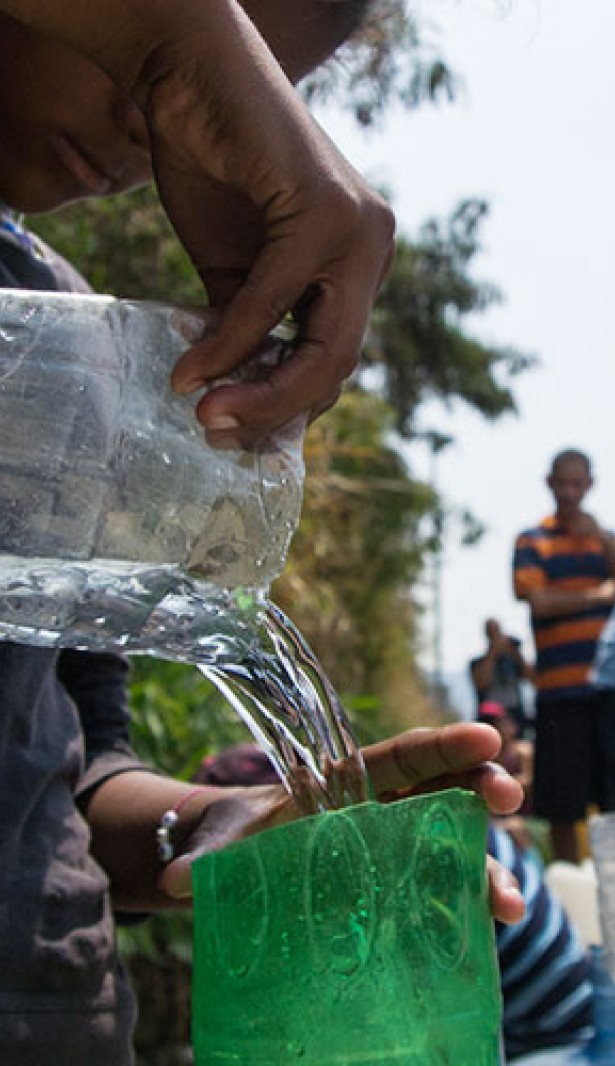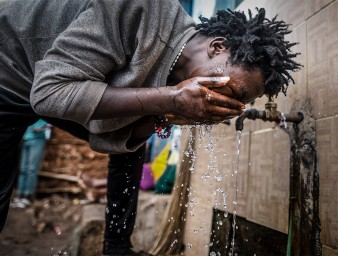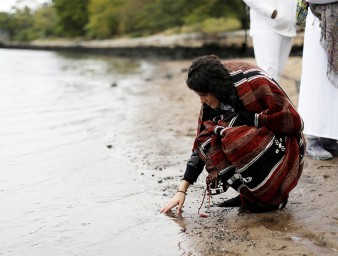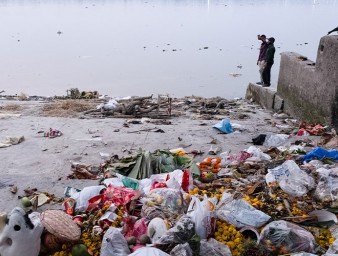Public spaces and workplaces left behind in the right to water and sanitation
14 October 2019
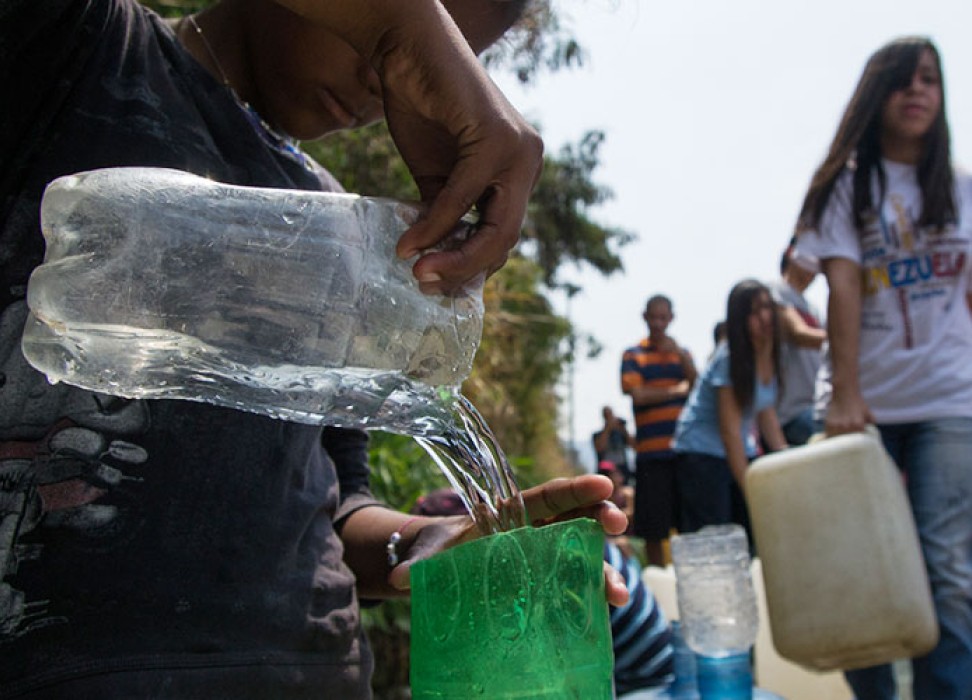
While many States have made progress in increasing access to water and sanitation in households, it is often the people who rely on services in public spaces and workplaces who are being left behind.
Safe drinking water and clean and accessible toilets are rights that billions around the world are denied. And while efforts are being made by many States to improve services people have in their houses, it is frequently outside of the home where people are struggling to survive.
A report delivered at the 42nd session of the Human Rights Council, by the UN independent expert Léo Heller, focused on the need to rapidly upscale access to proper water and sanitations facilities outside of the household.
The UN Special Rapporteur on the human rights to safe drinking water and sanitation highlighted a number of groups who have become increasingly marginalised, and places such as streets, rural areas, schools, hospitals, prisons and detention facilities which urgently need to be prioritised.
Heller said, "the economically vulnerable or homeless cannot afford to use public toilets. Persons with disability, particularly those with physical disabilities, are unable to use public toilets not designed for them. Transgender and gender nonconforming persons are often forced to only use workplace toilets which match the gender they were assigned at birth, leading to loss of employment and income."
Also highlighted in the report are professions such as agricultural workers, rickshaw drivers or street vendors, who are unable to rely on toilets or water points because there are simply none around them.
Youth speaking out
At a side event where the report was presented, 17 year-old Brazilian Juliana Muller, a young human rights advocate, described the situation in her country. In Brazil, 24 million people live without access to water.
"We are failing the poorest and the most vulnerable and their children and families," Muller said. "Even though significant improvement was made in the last ten years to ensure adequate supply, the public sphere is still neglected. It is a place of work for many people and not providing access is denying their human rights."
Asniya Mohammed from the Philippines, also 17, shared her story. Violence has forced Asniya and her family to flee their home, and they are living in a tent without a clean toilet or access to clean water.
"I feel that people in my community do not even know what human rights are to begin with," she said. "I believe that we cannot fight for something we don't know."
Asniya has recently been elected as the Youth President of her community. She is mobilising the local youth to advocate for universal health coverage and encouraging the systemic reporting of people who pollute their lands and rivers.
A call for more inclusive water and sanitation policies
Heller is urging States to include public spaces in their consideration of access to water and sanitation. "Public spaces, as zones accessible to all, are lifelines for numerous people and, accordingly, must be given due recognition in States' policies."
If States fail, said Heller, they won't be meeting the commitment they made to the Sustainable Development Goals of achieving access to adequate and equitable water, sanitation and hygiene by 2030.
"Promoting access to water and sanitation facilities in spaces outside the household represents a vital piece of the puzzle in achieving an end to inequality and discrimination," he concluded.
14 October 2019
